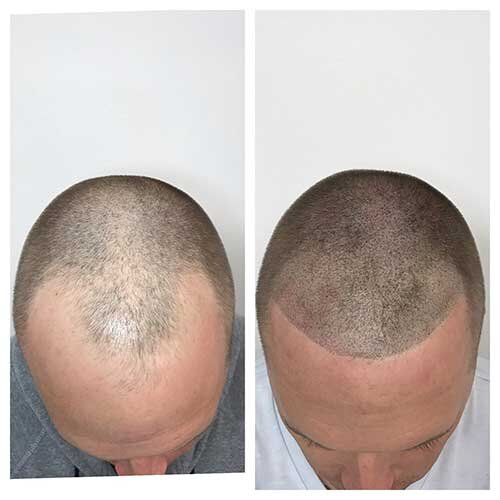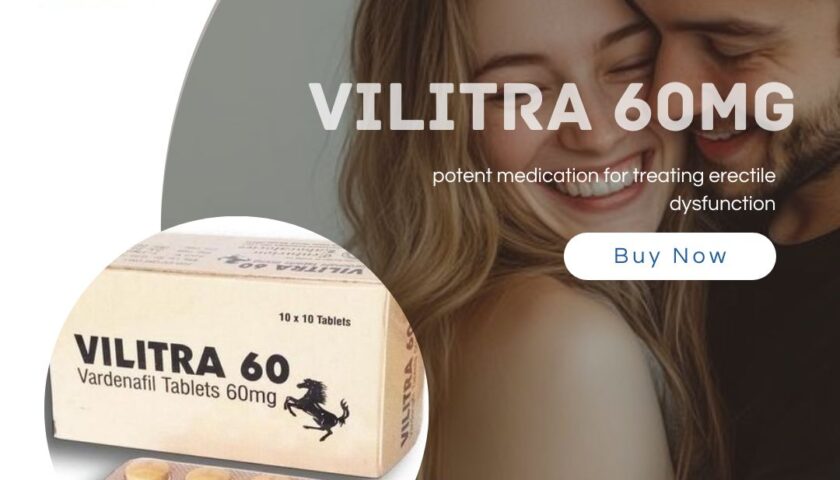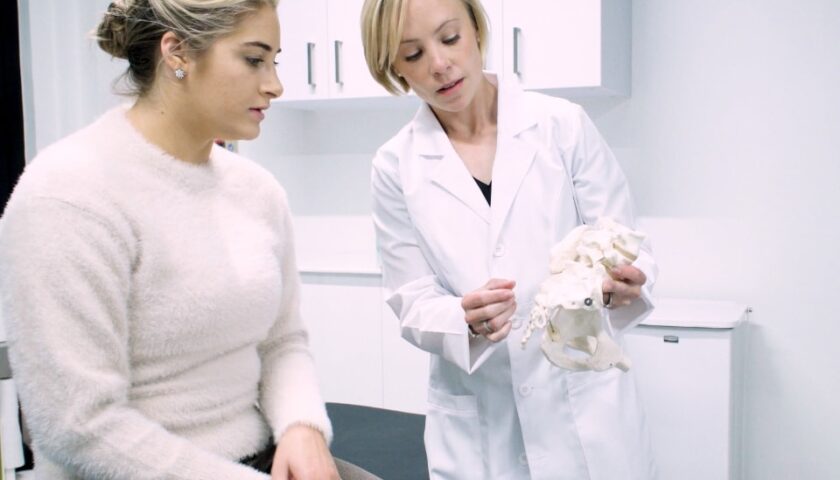Introduction
In a world where appearances matter, having thick and healthy hair is often associated with vitality and beauty. While there are various surgical options available for hair restoration, not everyone is willing or able to undergo such procedures. Fortunately, there’s a burgeoning interest in non-surgical approaches to achieving thicker hair. This article delves into the realm of holistic methods and lifestyle changes that can contribute to the enhancement of hair thickness, promoting overall well-being in the process.
Understanding Hair Health
Before exploring non-surgical secrets for thicker hair, it’s crucial to understand the fundamentals of hair health. Each hair strand undergoes a growth cycle with three main phases: anagen (growth), catagen (transition), and telogen (rest). The rate and quality of hair growth depend on various factors, including genetics, diet, lifestyle, and overall health.
Nutrition for Hair Growth
A holistic approach to achieving thicker hair begins with proper nutrition. Hair is primarily composed of a protein called keratin, making protein intake essential for its growth. Include lean meats, fish, eggs, and plant-based protein sources like legumes and nuts in your diet. Additionally, consume foods rich in vitamins and minerals such as biotin, vitamin E, and iron, which play crucial roles in promoting hair health.
Supplements for Hair Thickness
In some cases, obtaining all the necessary nutrients from diet alone may be challenging. Dietary supplements can bridge the gap and support hair growth. Biotin supplements, for example, are popular for promoting hair thickness and strength. Consult with a healthcare professional before incorporating any supplements into your routine to ensure they are suitable for your individual needs.
Scalp Care and Massage
A healthy scalp is the foundation for thick and lustrous hair. Regular scalp massages can stimulate blood flow, encouraging hair follicles to receive essential nutrients. Use natural oils like coconut, jojoba, or almond oil during massages to nourish the scalp and promote hair strength. Gentle exfoliation with a soft brush can also help remove dead skin cells and improve overall scalp health. read more
Avoiding Harsh Hair Practices
Excessive use of heat styling tools, frequent hair coloring, and tight hairstyles can contribute to hair damage and thinning. Opt for heat-free styling methods, minimize the use of chemical treatments, and avoid hairstyles that pull on the hair shaft. By reducing these harsh practices, you allow your hair to recover and thrive.
Holistic Lifestyle Changes
Beyond diet and hair care practices, holistic lifestyle changes can significantly impact hair health. Stress, for instance, is known to contribute to hair loss. A balanced sleep schedule is also crucial, as it allows the body to repair and regenerate, promoting overall well-being, including hair health.
Regular Exercise
Engage in regular physical activity to enhance overall circulation and promote a healthier scalp. Activities like brisk walking, jogging, or yoga can be beneficial. Additionally, maintaining a healthy weight contributes to hormonal balance, preventing hair thinning associated with hormonal fluctuations.
Hydration for Hair and Scalp
Proper hydration is essential for overall health, and it extends to hair and scalp health as well. Dehydrated hair is more prone to breakage and split ends, giving the appearance of thinner hair. Drink an adequate amount of water daily to keep your body, including your hair, hydrated. Consider using a hydrating conditioner to nourish your hair and scalp externally.
Natural Hair Masks
Pampering your hair with natural masks can provide it with the nourishment it needs. Ingredients like aloe vera, egg, yogurt, and honey have been traditionally used for their hair-strengthening properties. Create a DIY hair mask by combining these ingredients and applying the mixture to your hair and scalp. Leave it on for 30 minutes before rinsing thoroughly for an at-home spa-like treatment.
Mindful Hair Care Products
Choosing the right hair care products is essential for maintaining thick and healthy hair. Opt for sulfate-free shampoos and conditioners that suit your hair type. Look for products with nourishing ingredients like argan oil, keratin, and vitamins. Avoid products with harsh chemicals that can strip the hair of its natural oils, leading to dryness and breakage.
Treatment Approaches
Trichological treatments for thinning hair encompass a multifaceted approach, addressing both the underlying causes and symptomatic concerns. Some common interventions include:
- Topical Treatments: Trichologists often recommend topical solutions containing minoxidil, a medication proven to promote hair growth. These solutions are applied directly to the scalp, stimulating blood flow and encouraging hair follicle activity.
- Nutritional Counseling: Addressing nutritional deficiencies is a fundamental aspect of trichological care. Trichologists work closely with individuals to develop personalized dietary plans or recommend supplements to ensure optimal intake of essential nutrients for hair health.
- Scalp Therapy: Targeted scalp treatments, such as medicated shampoos and scalp massages, aim to improve scalp health. These interventions create an environment conducive to robust hair growth by addressing conditions like dandruff or inflammation.
- Hormonal Management: In cases where hormonal imbalances contribute to thinning hair, trichologists collaborate with endocrinologists to develop hormone-balancing strategies. This may involve medication or lifestyle modifications to restore hormonal equilibrium.
- Platelet-Rich Plasma (PRP) Therapy: PRP therapy involves drawing a small amount of the patient’s blood, processing it to concentrate platelets, and injecting the PRP into the scalp. This approach harnesses the growth factors present in platelets to stimulate hair follicles and promote hair growth.
- Low-Level Laser Therapy: This non-invasive treatment utilizes low-level lasers or light-emitting diodes (LEDs) to stimulate hair follicles, increase blood flow, and encourage hair growth. It is often used as part of a comprehensive trichological approach.
Holistic Approaches to Trichology
Beyond conventional treatments, trichology embraces holistic approaches that recognize the interconnected nature of health. Lifestyle modifications, stress management techniques, and mindfulness practices are integrated into trichological care plans to support overall well-being and promote hair health from within.
Patient Education and Empowerment
An essential aspect of trichology is empowering individuals with knowledge about their hair and scalp health. Trichologists educate patients about effective hair care practices, the importance of a balanced lifestyle, and strategies for maintaining optimal hair health. This knowledge empowers individuals to actively participate in their trichological care and make informed choices for long-term well-being.
Conclusion
Achieving thicker hair through a holistic, non-surgical approach involves a combination of mindful practices, lifestyle changes, and proper nutrition. By nourishing your body from the inside out, adopting gentle hair care routines, and making positive lifestyle choices, you can promote the health of your hair and scalp. Remember that results may take time, so be patient and consistent in your efforts. Embrace the journey towards thicker, more vibrant hair, and enjoy the overall well-being that comes with it.
Discover the pinnacle of hair care in Vadodara! Our bespoke treatments offer the ultimate solution for all your hair needs. Experience the best in hair care and unlock your hair’s true potential. Book your appointment now!





